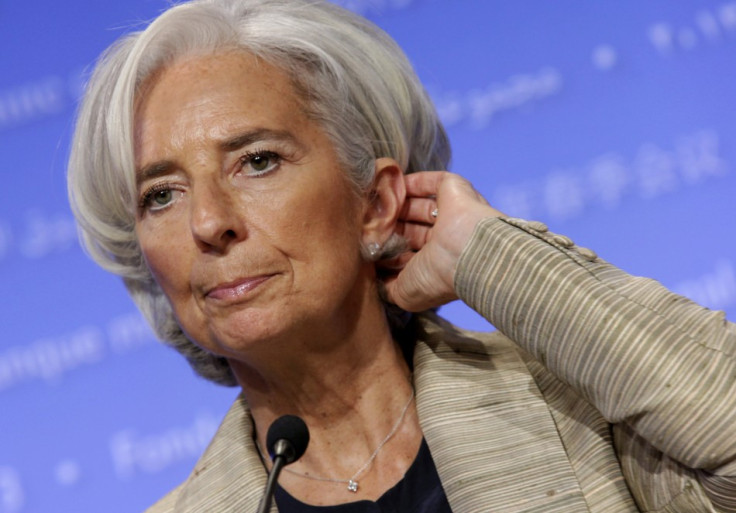IMF to Help Fight Climate Change with Energy Subsidies

Christine Lagarde declared that the International Monetary Fund can be used as a force for good in the fight against global warming and sustainable development.
In an address to the United Nations she identified energy subsidies as a key area where the IMF can help combat economic corruption and environmental damage.
The IMF could help "shine a light on the murky cobweb" of energy subsidies that account for $2.1tn (£1.3tn, €1.5tn) or 2.5% of global GDP in 2011 alone, says Lagarde.
Taking on the problem of energy subsidies alone would be "good for budget, good for the economy, and good for the planet" and allow that money to be used more wisely she continued.
Other Threats to Humanity
Lagarde's focus on energy subsidies was part of a broader message as she identified other major global risks and called for more international co-operation to solve them.
"Our planet faces a triple challenge: from economic instability, from environmental damage, and from insufficient equity. We cannot view these in isolation. Each feeds on and magnifies the other."
Prices and the Green Economy
Lagarde also said that a real concern for the IMF was how to encourage sustainable global growth while raising living standards and tackling environmental damage.
"We must make sure the harm we do is reflected in the prices we pay."
Food Security
She also touched on the relationship between food security and food prices.
Citing World Bank research, Lagarde said the report showed that 40% of the land used to grow maize in sub-Saharan Africa would no longer be able to support that level of crop production by the 2030s.
Any damage from climate change would harm the world's poorest countries, she claimed.
New Direction for the IMF?
The IMF has started to show an increased interest in the environmental aspect of economics.
In March 2013, it published its first research paper on energy subsidies in March.
It also plans to hold a joint seminar on climate change with the World Bank at their annual meetings in early October.
© Copyright IBTimes 2025. All rights reserved.






















